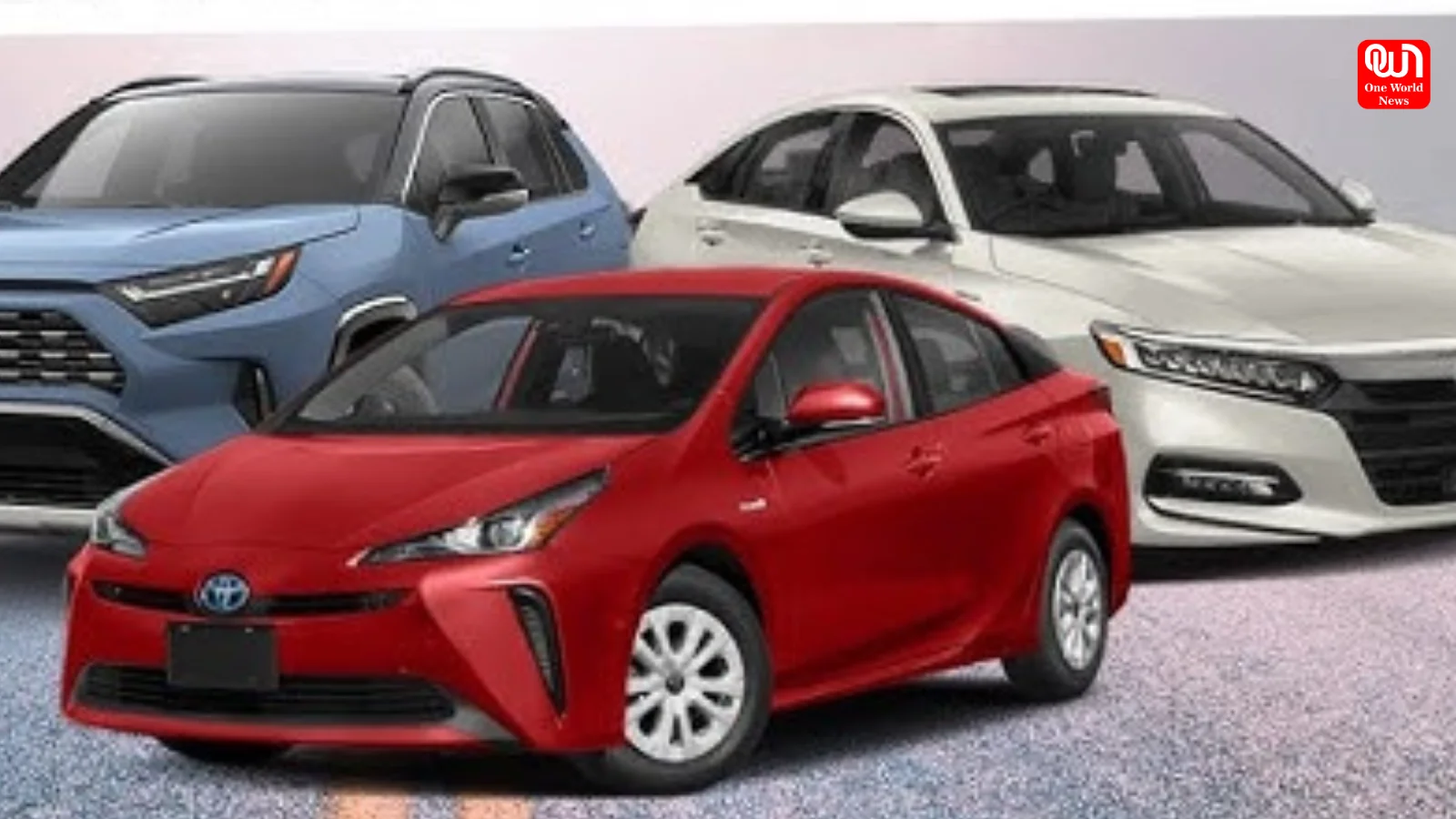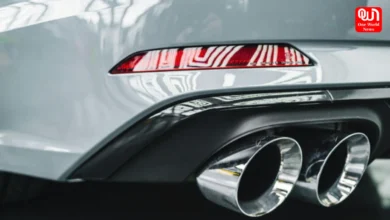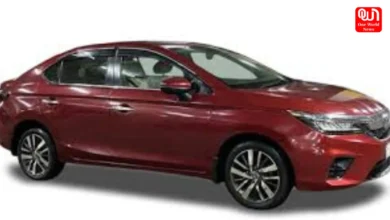Which Cars Have the Best Fuel Economy?
When selecting the right car, fuel economy should be a top priority. Not only does it help you save money at the pump, but it also plays a crucial role in your car's overall efficiency and environmental impact.
Which Cars Have the Best Fuel Economy?
When selecting the right car, fuel economy should be a top priority. Not only does it help you save money at the pump, but it also plays a crucial role in your car’s overall efficiency and environmental impact. If you’re considering a used Mazda CX5 or a new Toyota Prius, for example, their impressive fuel efficiency can offer great value without sacrificing performance or comfort.
Let’s take a look at the factors that make fuel economy so important and how to find the most efficient vehicles on the market.
What Factors Affect a Car’s Fuel Economy?
Understanding what affects a car’s fuel economy can help you make an informed decision and several factors contribute to how efficiently a car uses fuel. One of the most significant is the type of engine. Gasoline-powered engines offer lower fuel efficiency than hybrids or electric vehicles (EVs), which use alternative power sources to reduce fuel consumption. Smaller, lighter cars typically consume less fuel because they don’t require as much energy to move.
Rapid acceleration, excessive idling, and speeding can all decrease fuel economy, while steady driving and regular maintenance can help your car run more efficiently. Aerodynamics and tire pressure are often overlooked but essential — keeping your tires properly inflated and considering the vehicle’s shape can improve overall efficiency.
Which Types of Cars Offer the Best Fuel Economy?
Several types of cars stand out for their impressive fuel economy. Hybrid vehicles are among the top choices, combining a gasoline engine with an electric motor to maximize fuel efficiency. The Toyota Prius, for example, is widely known for its remarkable 56 MPG combined rating. Hybrid cars are ideal for city driving and long-distance commutes alike.
Electric vehicles (EVs) are another excellent option, offering 100% efficiency since they rely entirely on electricity. EVs like the Tesla Model 3 can travel over 350 miles on a single charge, making them perfect for those looking to avoid gas stations altogether.
If you’re not ready to switch to a hybrid or EV, compact and sedan-style cars can still provide good fuel economy. These models, such as the Honda Civic or Toyota Corolla, are lightweight, efficient, and typically deliver upwards of 30 MPG combined.
Is a Used Car a Good Option for Saving on Fuel?
Buying a used car can be a smart choice if you want to save money on your next vehicle while benefiting from good fuel efficiency. Many models offer solid gas mileage even after years of use, and you can often find them at a lower price than a new car. However, it’s important to carefully inspect a used car’s condition to ensure it still runs efficiently.
When considering a used car for fuel savings, check the car’s maintenance history. Regular servicing and the engine’s overall condition will directly impact its fuel efficiency. Pay attention to the car’s age, as older models may have lower fuel economy ratings than newer ones, especially with advancements in hybrid and electric technologies. A used car can still be an excellent fuel-saving option if it’s well-maintained and properly inspected before purchase.
How Can You Maximize Fuel Economy in Your Current Car?
Even if you’re not in the market for a new or used car, you can take several steps to improve your current vehicle’s fuel economy. First, make sure your tires are properly inflated. Under-inflated tires create more drag, which reduces efficiency. Keeping your tires at the recommended pressure can help you save on fuel costs over time.
Regular maintenance is also key. Keep your engine well-tuned, replace air filters when needed, and use your car’s recommended grade of motor oil. A clean and well-maintained engine runs more efficiently and burns fuel more effectively.
Your driving habits can also make a big difference. Avoid rapid acceleration, unnecessary idling, and heavy braking, as these reduce fuel efficiency. By driving smoothly and planning trips to avoid congestion, you can maximize your vehicle’s fuel economy and save money at the pump without needing a new car.
Which Car Is Right for You?
Choosing the right car based on fuel economy balances efficiency with your lifestyle needs. Whether you opt for a fuel-efficient hybrid, a cutting-edge electric vehicle, or a more traditional gas-powered model, it’s important to consider how each vehicle fits into your daily driving habits and budget.
Ultimately, the best choice will depend on factors like driving range, maintenance costs, and how much you value fuel savings. You can find a car that saves you money at the pump and enhances your overall driving experience.
We’re now on WhatsApp. Click to join.
Like this post?
Register at One World News to never miss out on videos, celeb interviews, and best reads.








